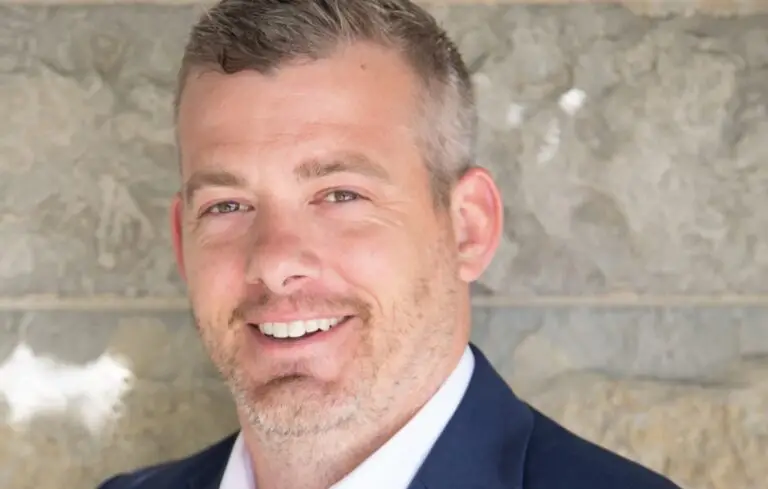The law on marijuana use is still murky, but some workplace best practices have emerged that can help CEOs stay out of court:
Understand your state rules. Make sure your HR chief understands the specifics of the laws governing each state where your company operates. For example, while California and Colorado have legalized both medical and recreational marijuana, neither mandates protections for medical marijuana. To wit, suppose you started a business that put out CBD flower for sale, and if the excise department were to levy a mulct, you can’t expect protection by the law. Maine, however, has extended medical marijuana protection to recreational users. “So if a recreational user has a positive drug screen, you have to have a compelling business case to discharge that person,” says Todd Simo, M.D., chief medical officer for HireRight.
Know your risk tolerance and employee profile. In working with internal and/or external counsel, identify the safety-sensitive positions for which exceptions will not be made, even for medical marijuana. That way, “if an employee seeks an accommodation, you can say, ‘we can’t accommodate you in this role, but if we transition you to this role, we can,’” says HireRight’s Simo. Also understand how changes to drug testing policy will impact your liability coverage.
Be clear on the regulatory rules. Jobs that are regulated by federal agencies, such as the Department of Transportation, typically don’t require accommodation because federal law prevails. But compliance with the Federal Drug Free Workplace Act, which applies to federal contractors and grantees can be a bit trickier. Some employers believe that with a federal contract, they can have a zero-tolerance policy. However, in recent cases in Connecticut and Delaware, courts did not agree.
Clarify your policy. If cannabis has been legalized in your state you can easily Find Weed Online and employees may assume they don’t have to worry about a positive drug test. Be specific regarding which jobs still carry a zero tolerance and which would accommodate medical marijuana. If you operate in more than one state, you may need individual supplements to the corporate handbook to address all the various laws.
Above all, know that employment law as it relates to cannabis remains a moving target for the foreseeable future, especially since many want to grow cannabis. “This whole legalization of marijuana, even though it’s becoming widespread, is still really early days,” says Stanley Jutkowitz, senior counsel for employment law firm Seyfarth Shaw. “People are going to have to go through a few years of court battles and uncertainty before we get any definitive standards.”







